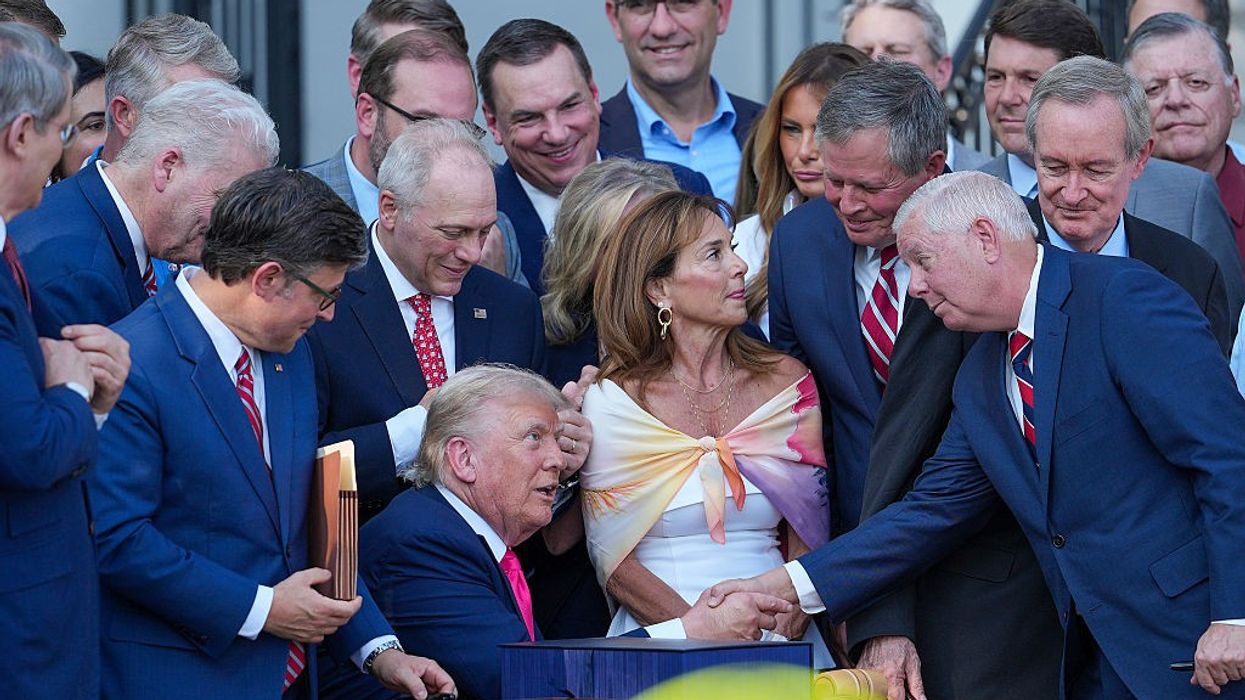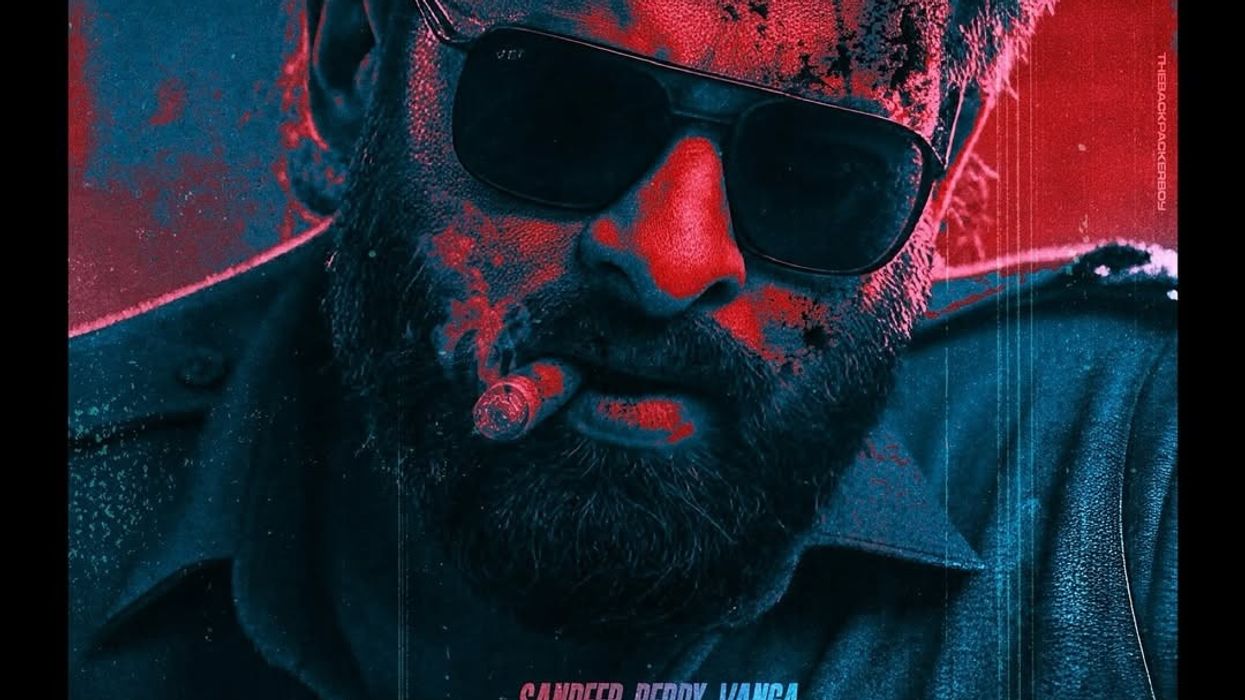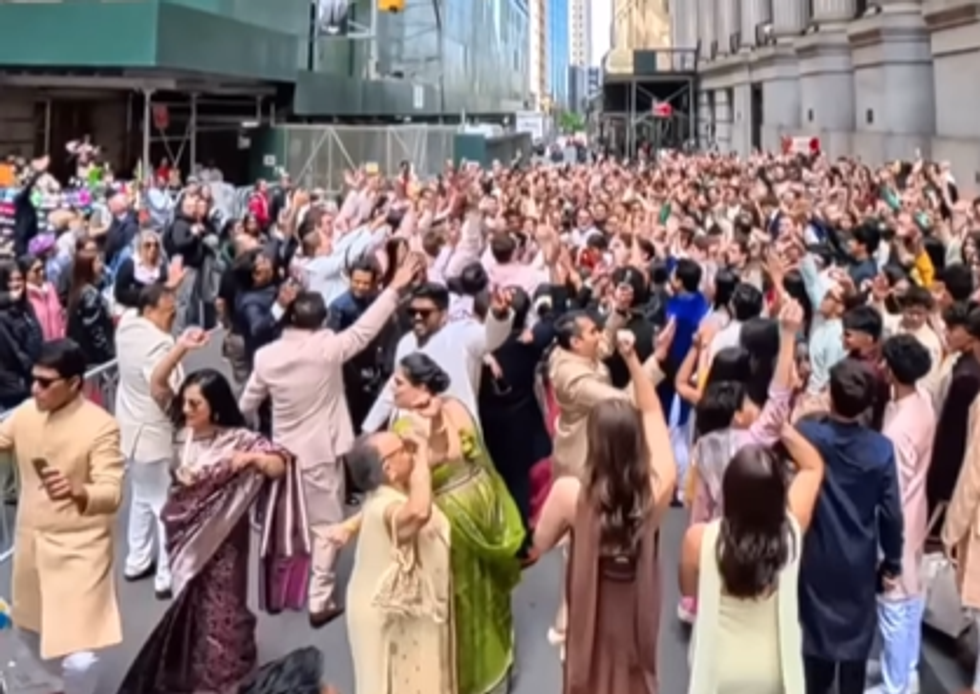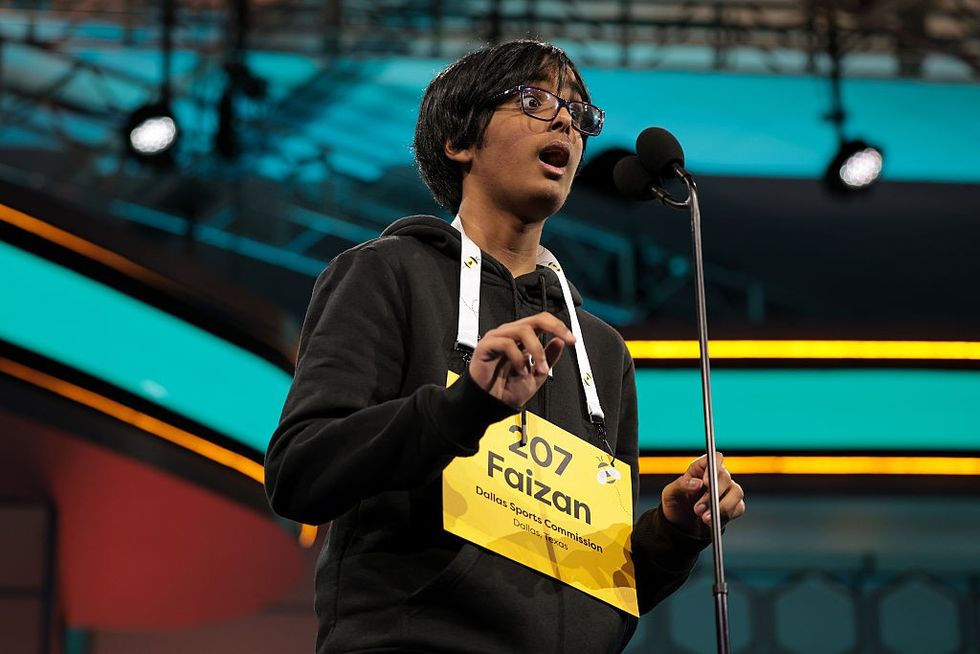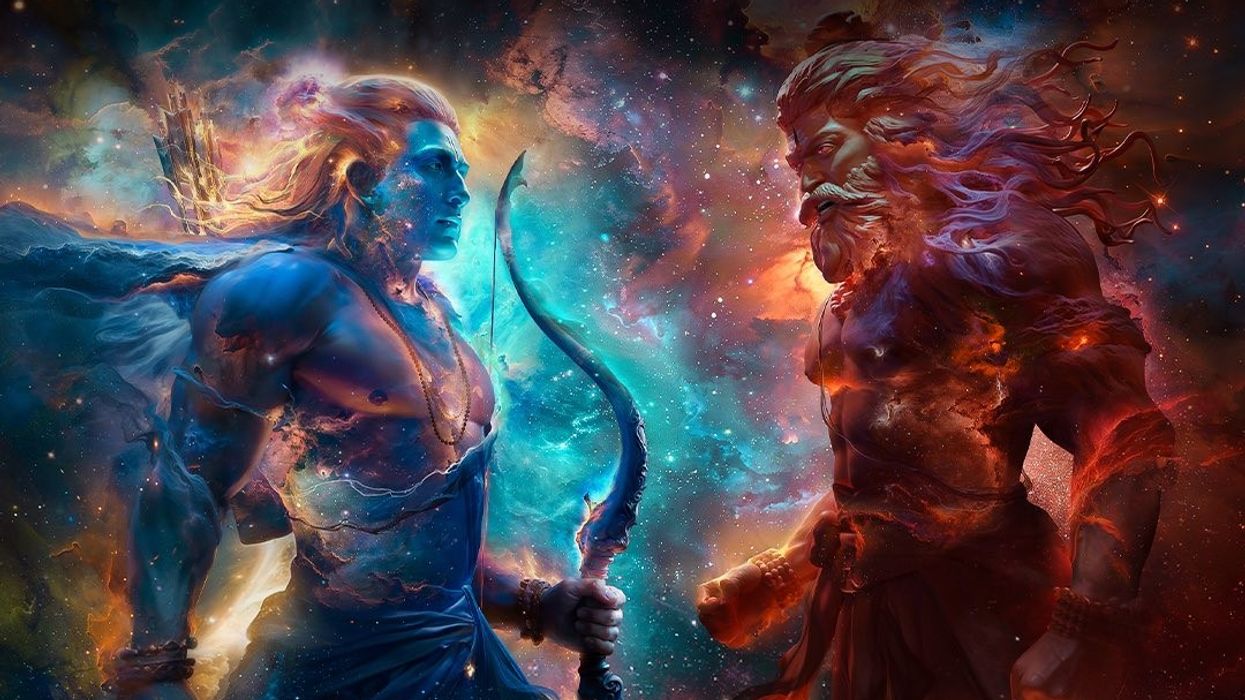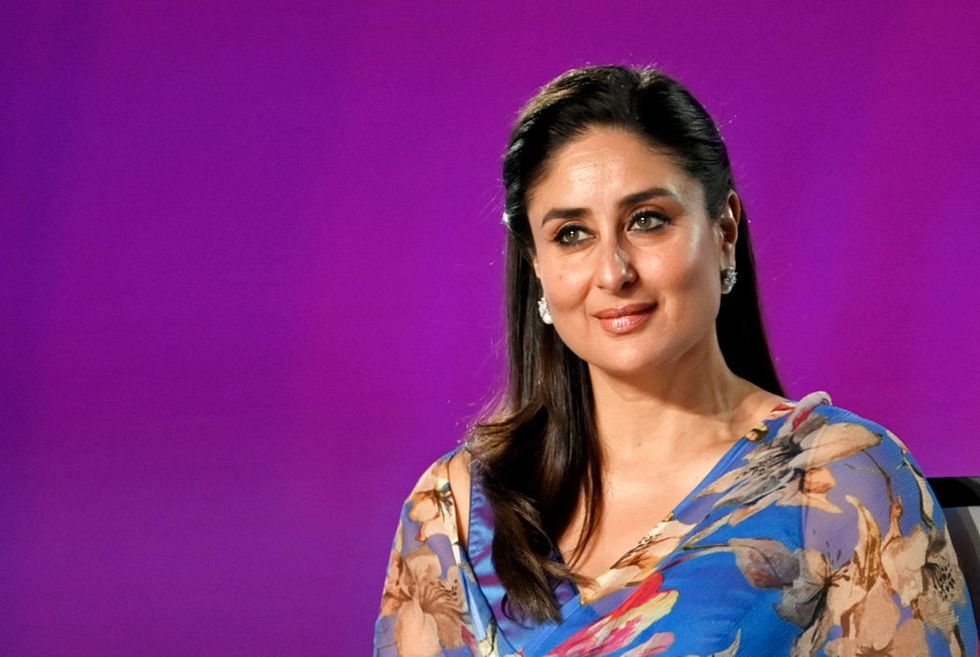In a pioneering move for Indian cinema, a priest from Siddehalli village near Bengaluru has created the first Kannada feature film made entirely with artificial intelligence (AI).
Narasimha Murthy, who has no formal background in filmmaking, defied all industry norms by crafting a full-length movie titled Love You without any actors, musicians, or crew, on a modest budget of $12,000 in just six months.
Murthy, determined to see his story come to life, joined hands with Nuthan, a graphic designer turned AI technician, to bring his vision into reality. The duo used around 30 AI tools to create every element of the 95-minute film—from generating characters and drone-style visuals to producing music and even lip-synced dialogues.
The result is a groundbreaking cinematic experiment that has already earned a U/A certification from the Central Board of Film Certification (CBFC), establishing it as a recognized milestone in India’s AI cinema journey.
Despite his ambitions to make the “world’s first AI feature film,” Murthy acknowledges that Love You is not technically the first; a film titled Where The Robots Grow holds that honor, having been released in 2024. Nevertheless, Murthy's project is a first for the Kannada industry and stands out for its ambition, especially considering the minimal resources used.
Love You contains 12 original songs with AI-generated tunes and voices, while Murthy himself contributed to writing the lyrics and dialogues. His goal is to screen the film in a single theatre to set a new cinematic record. Although the technical challenges were numerous—ranging from inconsistent character appearances to limited emotional expression and poor lip-syncing—the CBFC appreciated the film’s spirit of innovation.
According to Murthy, the censor board was intrigued by the movie’s unique nature and offered constructive criticism. “Even the regional censor officer noticed the inconsistencies in facial features from scene to scene,” he shared, pointing out one of the many hurdles of AI-generated visual storytelling.
Nuthan, the technical brain behind the execution, emphasized the fast-paced evolution of AI technology. “The tools we used are already outdated by six months. If we made this film today using current AI, the result would be exponentially better,” he noted.
Encouraged by the buzz surrounding Love You, Murthy is already planning two more AI-based films. One will explore the story of Kempe Gowda, the founder of Bengaluru, and another will be based on the life of historical ruler Immadi Pulikeshi. These upcoming projects are expected to push the boundaries of AI in regional Indian cinema even further.
With Love You, Narasimha Murthy has not only disrupted traditional filmmaking in Sandalwood but also opened new possibilities for creators without access to mainstream industry tools—proving that with AI, storytelling is truly democratized.

